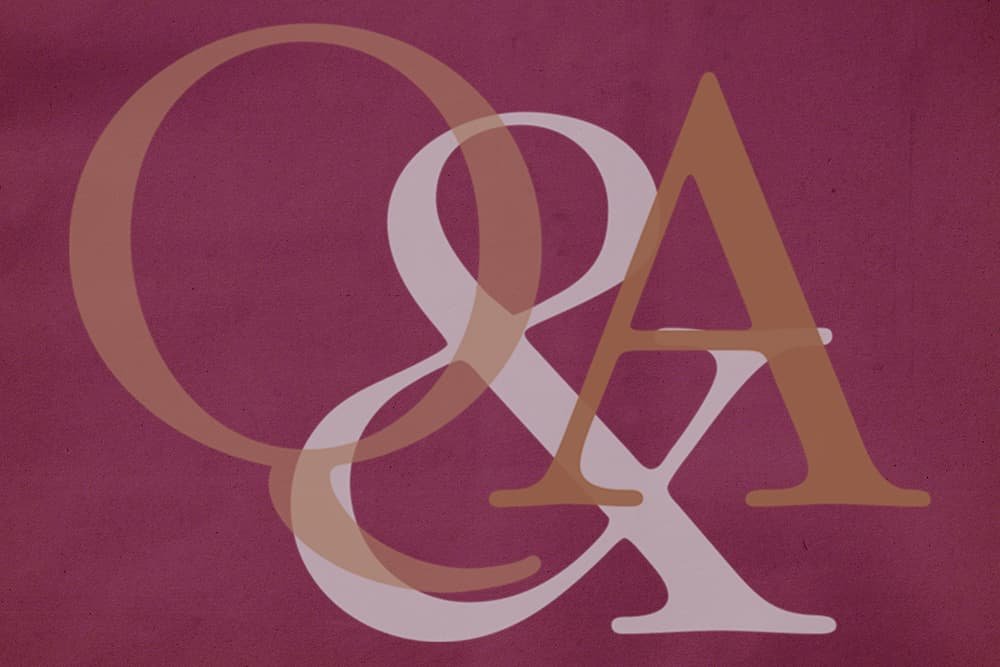

Question: Psalm 91 promises, “Surely He shall deliver thee from the snare of the fowler, and from the noisome pestilence” and “Thou shalt not be afraid…for the pestilence that walketh in darkness.” Vss. 3, 5, 6. Will claiming these kinds of Bible verses protect me from pandemics?
Answer: To answer this question, we must first understand what Psalm 91 is referring to when it speaks of pestilences. Let’s consider verse 10, which is of particular interest: “There shall no evil befall thee, neither shall any plague come nigh thy dwelling.” The pestilence mentioned in verse 3 is connected with the idea of plagues, which were often used by God as judgments. If we are finding refuge in God, we have the promise that we will not be touched by these judgments when they come.
Though we can be assured of God’s protection from such judgments, it does not mean that we won’t experience the effects of living in a sin-filled world. Psalm 91 clarifies that we are not exempt from trouble. First, God says in verse 15 that “I will be with him in trouble.” It is not a foreign concept in the Bible for God’s people to experience trials and challenges. For example, in Daniel 3, we see Shadrach, Meshach, and Abednego being thrown alive into a fiery furnace. When we look into the story of Job, we find a righteous man who suffered great loss and affliction. And even Jesus suffered while upon the earth. What made the difference for them? God walked with them through their trouble. This means that we, even as Christians, may succumb to sickness and pandemics. But if we trust in God, He promises to be with us and help us.
As we seek God’s assurance and help, we must also keep in mind that the promises of Psalm 91 are conditional. Let’s look at these conditions:
We must make the Lord our dwelling place. Psalm 91:1 begins by saying, “He that dwelleth in the secret place of the most High shall abide under the shadow of the Almighty.” And verse 4 continues, “He shall cover thee with His feathers, and under His wings shalt thou trust.” What does this mean? These verses are using imagery from the Israelite sanctuary, particularly from the Most Holy Place. The Most Holy Place contained the ark of the covenant, which was overshadowed by the wings of the cherubim. (See Lev. 16:13; Heb. 9:5.) Inside the ark, the Ten Commandments were kept. The implication from this is that the promises of Psalm 91 are for those who live (dwell) in faithful obedience to the commandments of God. As much as God would like to help us, He will not force Himself upon us if we choose to live apart from Him.
We must make His truth our shield and buckler. Verse 4 declares, “His truth shall be thy shield and buckler.” John 17:17 tells us that God’s Word is truth. To claim Psalm 91, we must study and live the truths of God’s Word. This is significant because God’s Word contains many health principles which, if followed, will help protect us from disease.
We must love God. Near the end of Psalm 91, God says, “Because he hath set his love upon Me, therefore will I deliver him.” This verse calls us to a loving relationship with God. As important as obedience is, merely observing the Law will not protect us—we must know God as our loving heavenly Father. We are told in 1 John 5:3 that truly loving God leads to joyful obedience to His commandments. Then, whatever may happen to us, we can rest in His care.
Psalm 91 does not guarantee we will not experience sickness and suffering—but it does show us something greater: that no matter what we are going through, God promises to be near us!